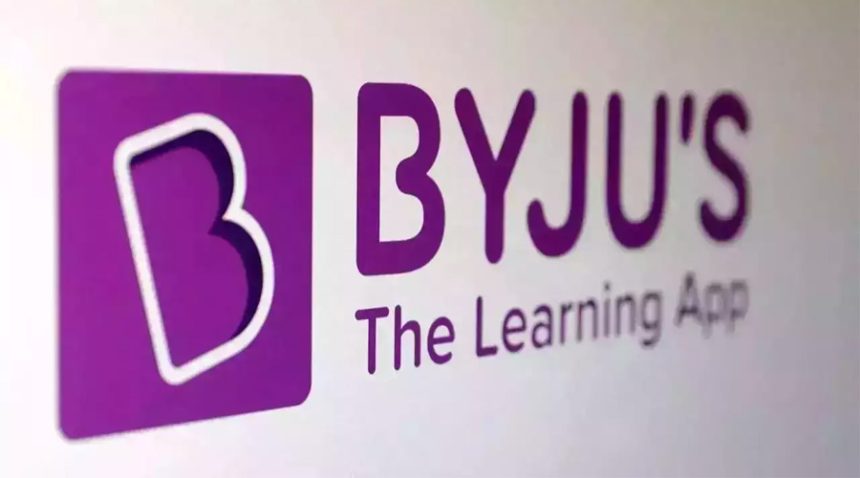Understanding Byju’s Troubles: Is The Company’s Insolvency Case Impacting India’s EdTech Industry?
Byju’s, a reputed name in the EdTech industry, is now at a crossroads. As one of India’s most successful EdTech companies, Byju’s popularized digital learning, especially during the COVID-19 pandemic.
Today, however, the company is dealing with insolvency problems, sparking questions about the overall impact on India’s EdTech sector. Let’s deep dive into the reasons behind Byju’s troubles, the current challenges and the potential future of EdTech in India:
Exploring the Rise of Byju’s:
Founded in 2011 by Byju Raveendran, Byju’s quickly became popular by offering high-quality online education that made learning engaging and accessible. Using a blend of digital learning methods, Byju’s transformed the way millions of students in India approached education.
During the pandemic, when digital learning was the most preferred mode, demand for Byju’s surged. By raising funds, the company eventually reached a valuation of $22 billion, making it the most valuable EdTech company in the world. Byju’s success story became the inspiration for many EdTech startups across India.
However, this rise also led to challenges. With huge financial success, people expected more and more from Byju’s. The EdTech giant expanded quickly, acquiring several companies for diversification, but these acquisitions also increased its financial burden.
The Road to Insolvency:
While Byju’s growth seemed unstoppable, financial issues started to begin. Reports began surfacing about delayed payments, lawsuits from creditors, and questionable financial practices. The acquisitions that once promised growth began to strain resources. And as the post-pandemic period arrived, the demand for online learning slightly declined, leaving Byju’s struggling to maintain the momentum it had during the peak of COVID-19.
To complicate the situation, Byju’s faced increased scrutiny from investors, regulators, and its customers. Concerns about transparency and governance led to investigations into the company’s practices, and its financials started showing signs of stress. Eventually, with debts piling up and revenue getting generated at a snail’s pace, Byju’s found itself in the midst of an insolvency case.
What Does Byju’s Insolvency Case Mean for the EdTech Industry?
The financial troubles of Byju’s can result in some big implications for the Indian EdTech landscape. Here are some key takeaways:
- Byju’s downfall sends a warning message to other EdTech companies, stressing the need for sustainable growth over aggressive expansion. Startups are now likely to prioritize steady growth with a focus on sustainable business models rather than racing to attract investors with rapid growth metrics.
- Byju’s insolvency has sparked a conversation about financial transparency within the EdTech industry. Investors and stakeholders are likely to demand higher levels of transparency and sound financial practices from startups. This will encourage better governance and discourage risky practices that lead to insolvency problems. Ultimately, this shift could improve the reputation of India’s EdTech sector as companies highlight the need for trust with both consumers and investors.
- As students and schools return to in-person learning, EdTech companies must adapt to a hybrid model of education. The high demand for online-only platforms seen during the pandemic may not be sustainable in the long term. Byju’s case underscores the need for EdTech companies to diversify and evolve their offerings to stay relevant in an evolving EdTech industry.
- While Byju’s financial struggles are challenging, they also create room for innovation from startups. EdTech startups that can offer unique solutions with sustainable business models may find an opportunity to grow in Byju’s absence. This environment could encourage innovation, particularly for solutions that integrate seamlessly into traditional education rather than trying to replace it.
Conclusion
The insolvency case of Byju’s is a turning point for India’s EdTech industry. The focus is shifting from growth at all costs to a more balanced approach that emphasizes financial stability, transparency, and adaptability.
Byju’s insolvency may seem like a setback for India’s EdTech industry, but it’s a reminder that innovation and ambition must be matched with financial responsibility and sustainable practices. The future of EdTech in India lies in adapting to market conditions, maintaining transparency, and focusing on long-term value. If these lessons are heeded, India’s EdTech sector can emerge stronger and more resilient than ever before.






